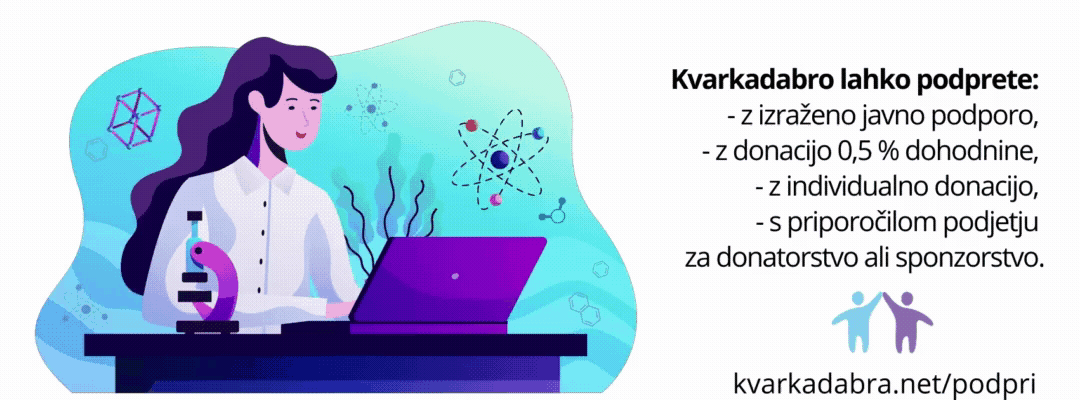Pri reviji Vox so znanstvenikom z različnih koncev sveta zastavili vprašanje: “Kaj bi spremenili v sedanjem načinu delovanja znanosti, če bi imeli možnost vpliva?” Dobili so 270 odgovorov na osnovi katerih so napisali obsežen sestavek The 7 biggest problems facing science, according to 270 scientists – Vox.
Tule je seznam največjih problemov, s katerimi se po tej anketi sooča sodobna znanost, ob katerih so navedeni so tudi predlogi rešitev:
- Academia has a huge money problem
- Too many studies are poorly designed
- Replicating results is crucial — and rare
- Peer review is broken
- Too much science is locked behind paywalls
- Science is poorly communicated
- Life as a young academic is incredibly stressful
Nekaj odlomkov iz začetka sestavka:
Science is in big trouble. Or so we’re told. In the past several years, many scientists have become afflicted with a serious case of doubt — doubt in the very institution of science. As reporters covering medicine, psychology, climate change, and other areas of research, we wanted to understand this epidemic of doubt. So we sent scientists a survey asking this simple question: If you could change one thing about how science works today, what would it be and why? We heard back from 270 scientists all over the world, including graduate students, senior professors, laboratory heads, and Fields Medalists. They told us that, in a variety of ways, their careers are being hijacked by perverse incentives. The result is bad science. …
Today, scientists’ success often isn’t measured by the quality of their questions or the rigor of their methods. It’s instead measured by how much grant money they win, the number of studies they publish, and how they spin their findings to appeal to the public. … Scientists often learn more from studies that fail. But failed studies can mean career death. So instead, they’re incentivized to generate positive results they can publish. And the phrase “publish or perish” hangs over nearly every decision. It’s a nagging whisper, like a Jedi’s path to the dark side. “Over time the most successful people will be those who can best exploit the system,” Paul Smaldino, a cognitive science professor at University of California Merced, says. To Smaldino, the selection pressures in science have favored less-than-ideal research: “As long as things like publication quantity, and publishing flashy results in fancy journals are incentivized, and people who can do that are rewarded … they’ll be successful, and pass on their successful methods to others.” Many scientists have had enough. They want to break this cycle of perverse incentives and rewards. They are going through a period of introspection, hopeful that the end result will yield stronger scientific institutions. In our survey and interviews, they offered a wide variety of ideas for improving the scientific process and bringing it closer to its ideal form.
















